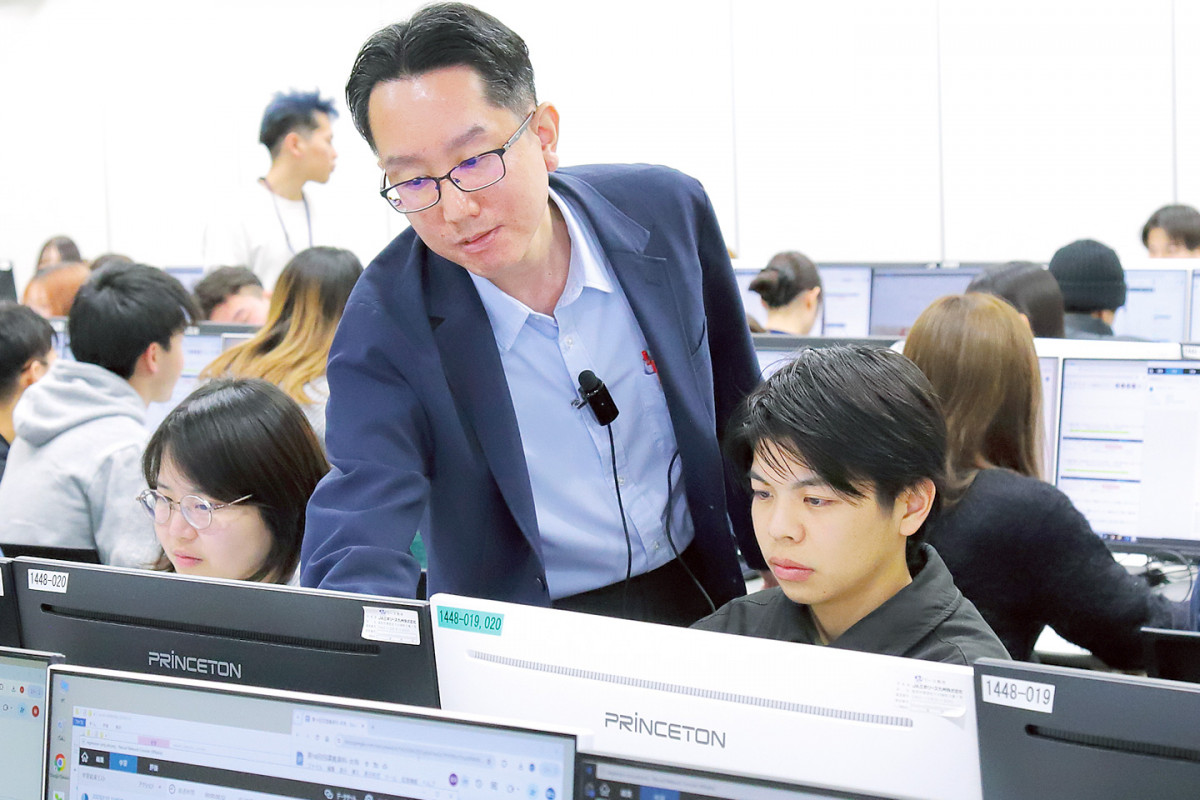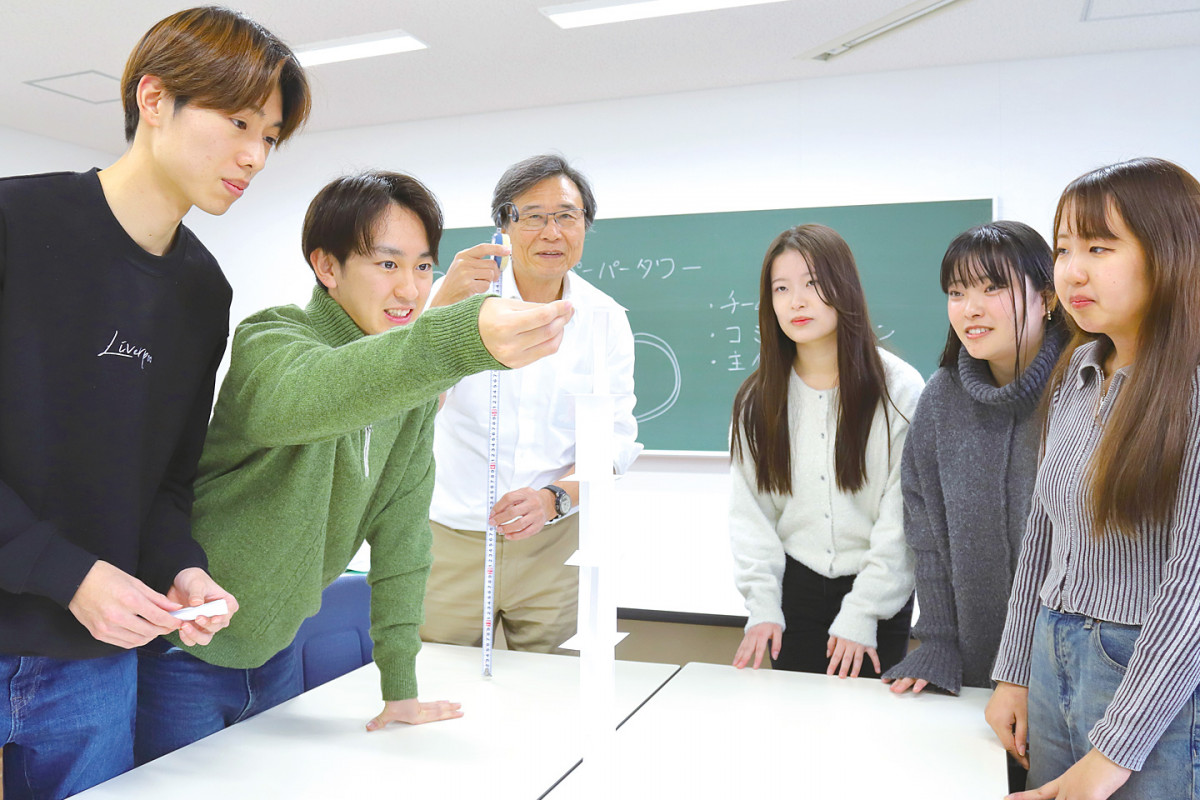ACADEMICS
Faculty of Economics

Learn specialized skills and knowledge to face the economic challenges in Japan and throughout the world.
Diploma Policy
Curriculum Policy
Admission Policy
Department of Economics
Students learn how to analyze the most delicate economic changes in society. This program emphasizes education that anticipates the needs of our times. Employing data analyses, students are provided with a sound knowledge of economic theory and skills.
Department of Legal Economics
Students in the Department of Legal Economics engage in study in two fields: economics and law. Skill in thinking in terms of both economics and law provides students with the ability to be decisive in the future in business as well as in local communities.
Number of Students and Faculty Members
| Department | Students (New Students) | Faculty |
|---|---|---|
| Economics | 1,040 (299) | 28 |
| Legal Economics | 487 (133) | 12 |
| Total | 1,527 (432) | 40 |
(as of May 1, 2025)







